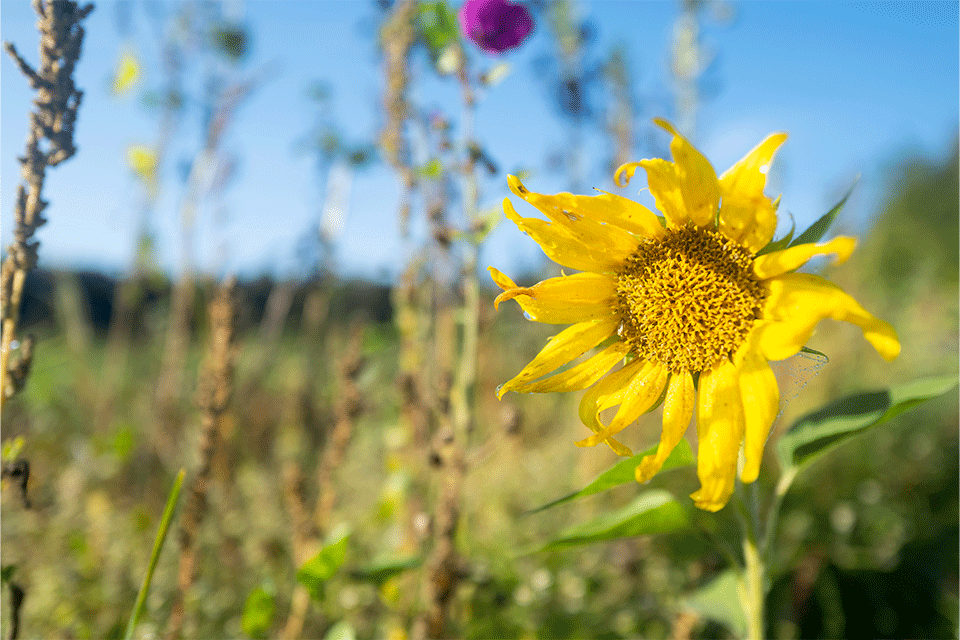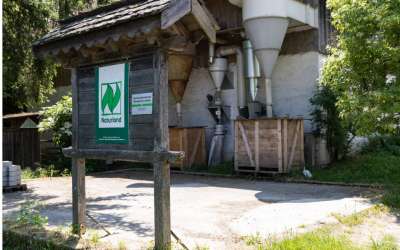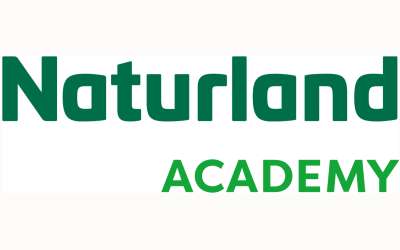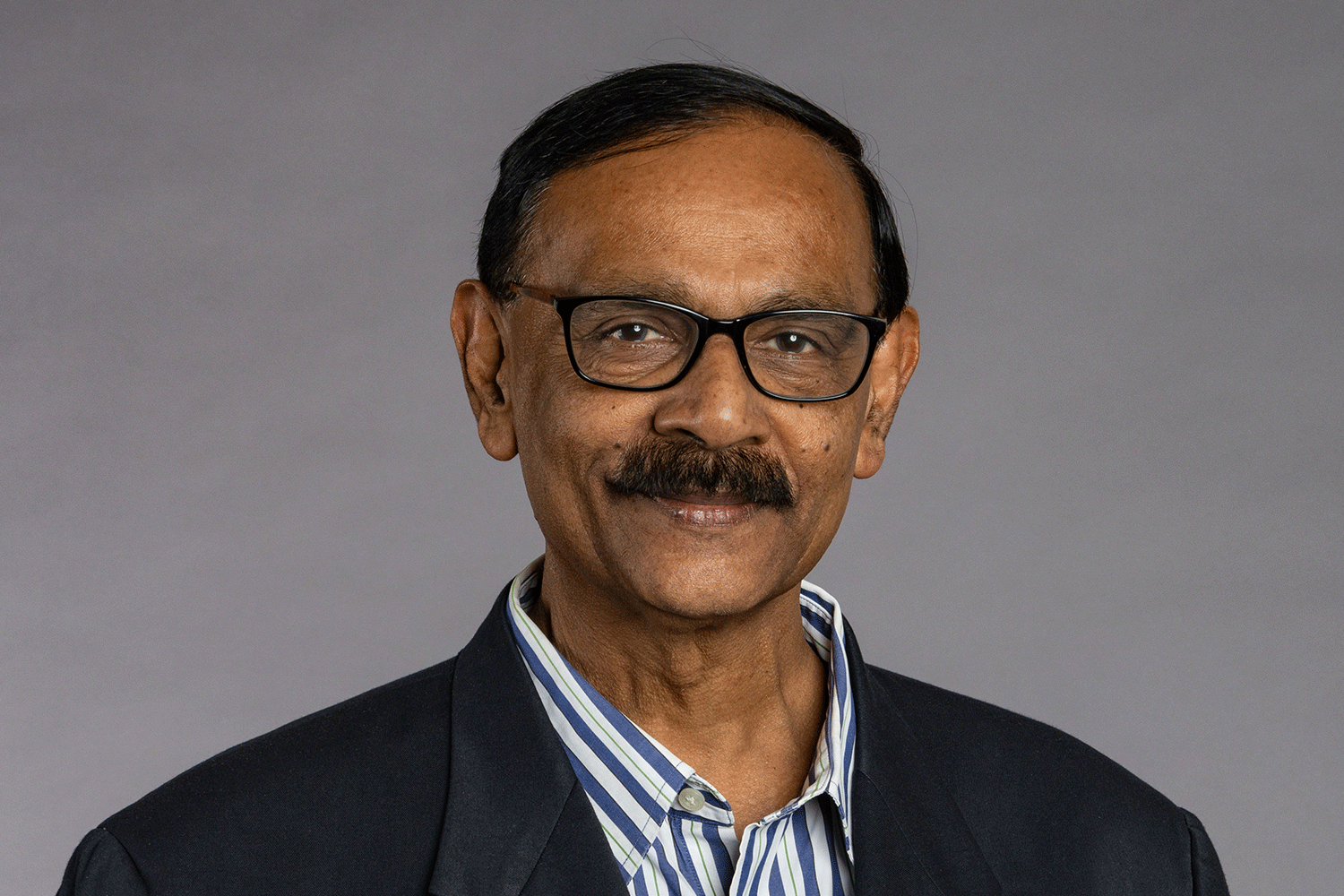More organic with Naturland
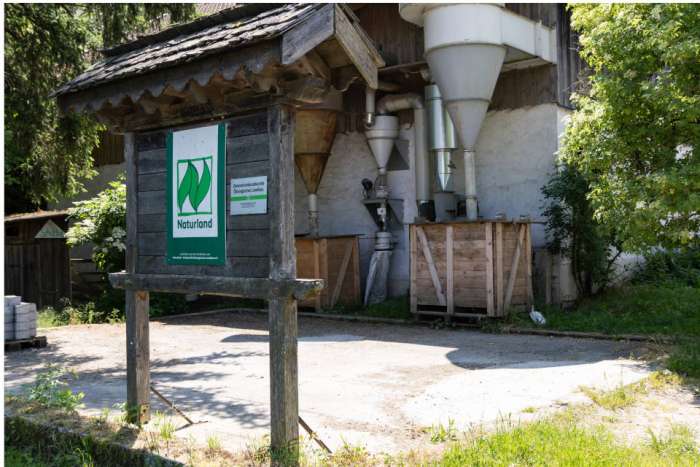
News
Gräfelfing - Naturland once again made an above-average contribution to the expansion of organic farming in 2023. Across Germany, almost 30,000 hectares of fields and meadows were converted to organic farming according to Naturland standards last year, an increase of 9.5 per cent. In total, the area of organic land in Germany increased by 4.3 per cent in the same period.
A total of 131 new farms across Germany joined Naturland (up 2.8 per cent). This means that 4,802 Naturland farms in Germany now farm an area of almost 338,000 hectares organically according to Naturland standards. In addition, there are 53,000 hectares of organically managed forest.
The increase in acreage, which was even higher than in the previous year, is due in part to a number of farms with high production and acreage that have taken the step of converting to organic farming for the first time. However, many existing Naturland farms have also expanded their acreage and EU organic farms have increased their production to Naturland standards.
Heigl calls for organic farms to be relieved of unnecessary bureaucracy
"Organic farming continues to grow, albeit slowly - despite the increasingly difficult economic environment," emphasises Naturland President Hubert Heigl. Especially against the backdrop of the farmers' protests, however, clear signals are now needed from politicians that the organic conversion of agriculture is not only still politically desirable, but that any remaining obstacles will also be consistently removed.
"A first important step would be to finally free organic farms from the double burden of unnecessary bureaucracy. Instead of asking a second time for everything that has long been controlled by the EU Organic Regulation, we need to return to the old principle of 'green by definition'," demanded Heigl.
Largest international organic organisation with 615,000 hectares in 60 countries
More than 116,000 organic farmers in 60 countries around the world now work according to Naturland standards. They farm a total area of just under 615,000 hectares (up 2.7 per cent). The number of Naturland cooperatives and producer groups rose from 174 to 181, consolidating Naturland's role as an association for smallholder agriculture. In detail, developments outside Germany varied so much from region to region that it is almost impossible to draw conclusions about general trends. While some individual countries recorded significant declines, there were significant increases elsewhere.
"Generally speaking, interest in Naturland certification remains high. At the same time, however, the challenge of consistently meeting Naturland's high quality standards everywhere in the world is particularly great," explains Naturland Managing Director Steffen Reese. In addition, there are sometimes unpredictable fluctuations in demand from consumers in Germany. In order to make the positive development of organic farming in the Global South less dependent on such export fluctuations, Naturland has therefore realigned its international strategy in the direction of greater regionalisation. "Organic and regional do not just belong together here, but everywhere in the world," emphasises Reese.




